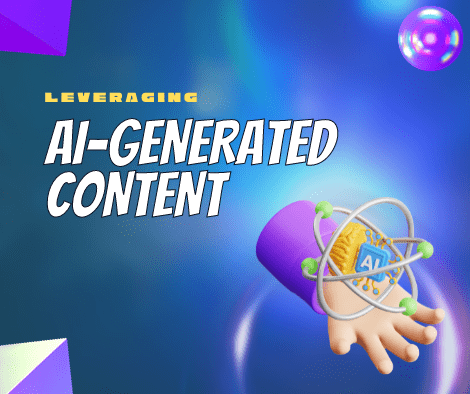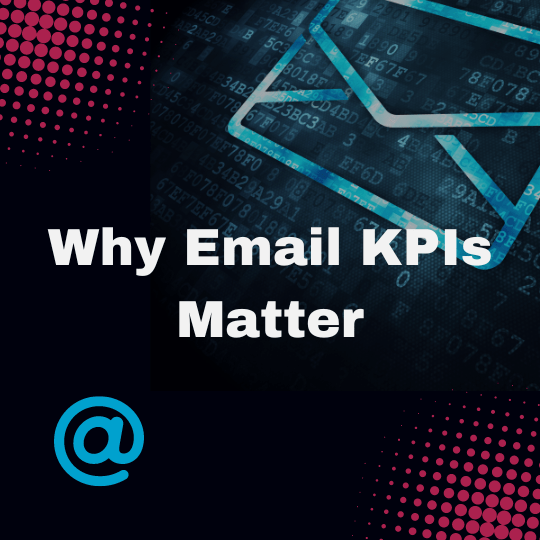
1. What is SEO, and how does it impact search engine rankings?
SEO, or Search Engine Optimization, is a set of strategies and techniques used to improve a website’s visibility on search engine results pages (SERPs). It aims to enhance a website’s chances of ranking higher in search results, ultimately driving more organic (non-paid) traffic. SEO helps search engine rankings by optimizing various on-page and off-page factors that search engines consider when ranking websites.
2. Why is it essential to rank high on search engines?
Ranking high on search engines is crucial because it significantly increases your website’s visibility to potential visitors or customers. Most users tend to click on the top results, so higher rankings can lead to more organic traffic, brand recognition, and potential business opportunities.
3. How do search engines determine rankings?
Search engines use complex algorithms to determine rankings. While the exact algorithms are closely guarded secrets, they consider various factors, including keyword relevance, content quality, website structure, user experience, backlinks, and more. SEO helps optimize these factors to improve your website’s ranking.
4. What are the key elements of on-page SEO?
On-page SEO focuses on optimizing elements directly on your web pages. Key elements include keyword optimization, meta titles and descriptions, header tags, content quality, internal linking, and image optimization. Properly optimizing these elements makes your pages more attractive to search engines.
5. What is off-page SEO, and how does it affect search engine rankings?
Off-page SEO encompasses activities outside your website that influence rankings. The most prominent off-page factor is backlinks—links from other reputable websites to yours. High-quality backlinks signal to search engines that your site is authoritative and trustworthy, which can boost your rankings.
6. How long does it take to see results from SEO efforts?
SEO is a long-term strategy, and the time it takes to see significant results can vary. Typically, you may start noticing improvements within a few months, but it can take six months to a year or more to achieve substantial gains in rankings. Patience is essential in SEO.
7. Is SEO a one-time effort, or does it require ongoing maintenance?
SEO is an ongoing process. Search engines frequently update their algorithms, and competitors may also be optimizing their websites. To maintain and improve your rankings, you should continually monitor your site’s performance, adapt to changes, and update your content and strategies as needed.
8. Can SEO help with local search rankings?
Yes, SEO can significantly impact local search rankings. Local SEO techniques focus on optimizing your website for local searches, helping your business appear in local map packs and localized search results. This is vital for brick-and-mortar stores and businesses targeting local customers.
9. Is SEO only about improving rankings, or does it benefit user experience too?
SEO is not just about rankings; it also benefits user experience. Many SEO best practices, such as optimizing page speed, improving website structure, and creating high-quality content, enhance the overall user experience. A better user experience can lead to increased engagement and conversions.
10. Can I do SEO on my own, or should I hire a professional?
You can certainly learn and implement SEO strategies on your own, especially for small websites. However, SEO can be complex, and it’s easy to make mistakes that can negatively impact your rankings. Hiring an experienced SEO professional or agency can be a wise investment to ensure you get the best results from your efforts.





